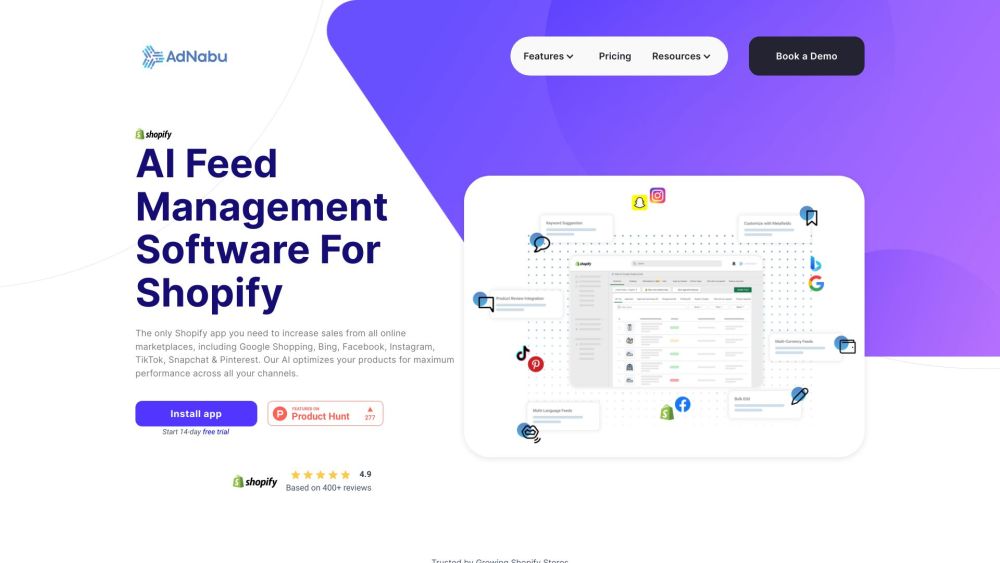Jasper's Layoffs Amidst AI Startup Boom: A Strategic Shift
In a surprising move, Jasper, a prominent AI unicorn founded in 2021, has announced layoffs despite the booming AI startup landscape. Achieving a remarkable valuation of $1.5 billion within just 18 months of its launch, Jasper quickly became a leader in the industry. According to founder and CEO Dave Rogenmoser, the company is undergoing a "team restructuring" to adapt to rapid changes in the market, which necessitated streamlining its focus and resources. He reassured that support will be provided for affected employees in their job searches.
Although a pioneer in the AI-generated content (AIGC) sector, Jasper is not finished. In October 2022, the company raised $125 million in funding and reported impressive revenue figures of $40 million and $75 million for 2021 and 2022, respectively. By the end of 2022, Jasper had attracted 100,000 paying users, including major corporations like IBM, Intel, Zoom, and Airbnb. A striking three-quarters of these users subscribed for $80 or more monthly to access Jasper's advanced AI writing templates. But what led to these layoffs?
The Impact of OpenAI's ChatGPT
Before the launch of ChatGPT, Jasper was a strong contender in the AI text generation arena. Specializing in content creation, JasperAI offers tools for summarizing lengthy texts, generating original content, and modifying existing material, with over 60 templates and support for more than 25 languages. This versatility caters to various applications within advertising, blogging, e-commerce, and more, providing immense value to businesses and content creators alike.
Jasper's success has strong ties to OpenAI. After joining Y Combinator in 2018, Rogenmoser leveraged his connections to gain early access to OpenAI's GPT-3, which became the foundation for Jasper AI's launch in January 2021. However, Jasper's dependency on OpenAI's technology created vulnerability when the landscape changed with the introduction of ChatGPT, based on the more advanced GPT-3.5 and later GPT-4 models. ChatGPT's free access model and lower subscription costs made JasperAI's pricing less attractive, leading to a drastic 40% traffic decline to Jasper's website in just three months. Rogenmoser candidly acknowledged the nervousness within the company due to this competitive shift.
The rapid rise of ChatGPT altered Jasper's trajectory, pushing its founders to reconsider their ambitions. Investor Zhu Xiaohu highlighted the struggles of models relying on ChatGPT in the face of GPT-4's innovations. Further complicating matters, Li Zhifei of Outward Inc. noted that ChatGPT attracted many casual users away from Jasper, revealing the limitations of its tailored templates and user interface in retaining a broad audience.
A Silver Lining for AI Startups
Despite challenges, some industry experts remain optimistic about Jasper's potential. Former JD O2O Vice President Ren Xinze argues that Jasper's user-friendly interface and robust marketing writing templates still hold significant value. The decision to undergo restructuring rather than risk collapse indicates strategic foresight.
In a rapidly evolving market, where numerous large models are being developed globally, startups relying on external technology must find viable paths to sustainability. Interestingly, alongside Jasper’s layoffs, several startups and venture capital firms are actively recruiting, highlighting a paradox in the AI landscape. While some companies falter, others thrive, indicating that the race in AI entrepreneurship will be long and complex. Ultimately, success will favor those with unique competitive advantages amid a market increasingly dominated by larger entities.




